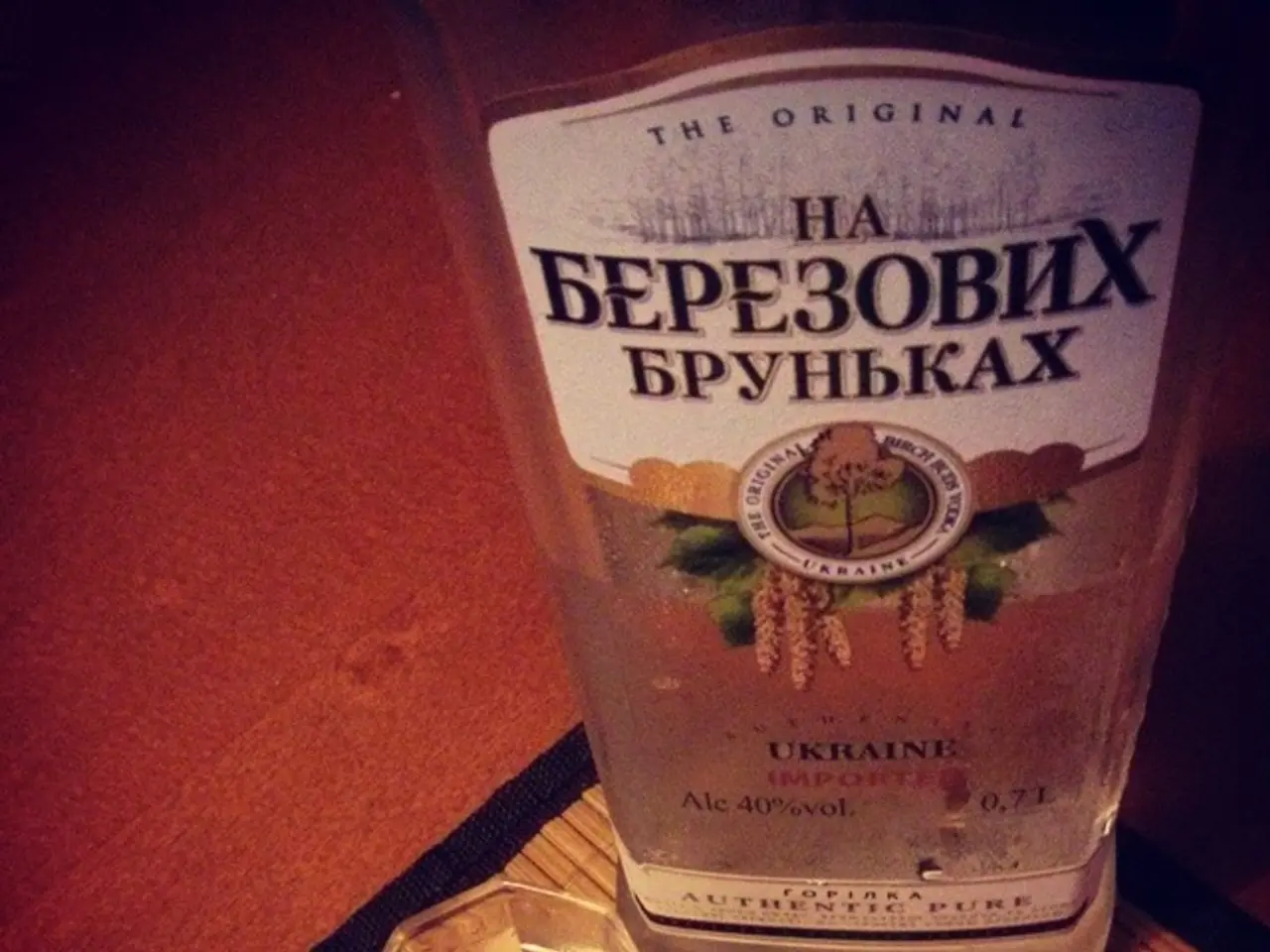Alcohol Withdrawal Triggers Skin Irritation Causing Scratching, Known as Pruritus
Pruritus, or itching, is a common and notable symptom experienced during alcohol withdrawal. This condition can significantly impact a person's quality of life, causing discomfort and distress.
Understanding the mechanisms behind pruritus is crucial for effective management. During alcohol withdrawal, pruritus is primarily driven by disruptions in the body's homeostasis and neurotransmitter imbalances. Factors such as dehydration, histamine release, liver dysfunction, and nervous system responses can trigger itching.
To address this issue, it is paramount to seek professional guidance. Consulting with a multidisciplinary team comprising dermatologists, psychologists, and psychiatrists can lead to comprehensive care and holistic management of severe pruritus symptoms during alcohol withdrawal.
Dermatologists can evaluate the skin and provide treatment, while hepatologists or gastroenterologists can manage liver-related causes, given that liver damage can contribute to itching. Psychological support may also be beneficial due to the stress and anxiety linked with withdrawal symptoms.
Maintaining proper hydration levels is essential to support skin health and minimize itchiness. This can be achieved by drinking plenty of water and avoiding hot showers or baths, which can exacerbate skin irritation. Implementing a regular skincare routine that includes moisturizing can promote skin hydration and alleviate dryness.
Adopting healthy habits like regular exercise, balanced nutrition, and adequate sleep can contribute to overall well-being, potentially reducing the frequency and severity of itching episodes during alcohol withdrawal.
Scratching during alcohol withdrawal can exacerbate pruritus, leading to skin damage and infections. Opting for loose-fitting clothing made from breathable fabrics like cotton can prevent friction against the skin. Using gentle, fragrance-free skincare products and moisturizers can soothe the skin and reduce the likelihood of irritation.
It is important to note that irritated skin during alcohol withdrawal may become vulnerable to bacterial or fungal infections, further complicating the recovery process. In such cases, medication like antihistamines and topical corticosteroids can provide symptomatic relief.
Involving psychologists or psychiatrists may be beneficial in addressing the psychological aspects linked to pruritus during alcohol withdrawal. Engaging in coping strategies like relaxation techniques, distraction, and support can help manage itching episodes. Psychological interventions, such as counseling or therapy, can further help manage the psychological aspects of itching during withdrawal.
Pruritus during alcohol withdrawal can be localized or generalized across the body. Managing this condition requires a thorough understanding of its causes and a personalized approach to treatment. With the right care and support, it is possible to alleviate the discomfort associated with pruritus during alcohol withdrawal and improve the overall quality of life.
Read also:
- Parliamentary Meetings in the Federal Diet of Germany this Week
- Wheat in current times contains lower levels of essential nutrients
- Hospital in Taos faces imminent closure due to looming federal budget reductions
- Intentional Arson and Countermeasures: Understanding the deliberate lighting of fires by experts and the advantages for certain forests and wildfires




